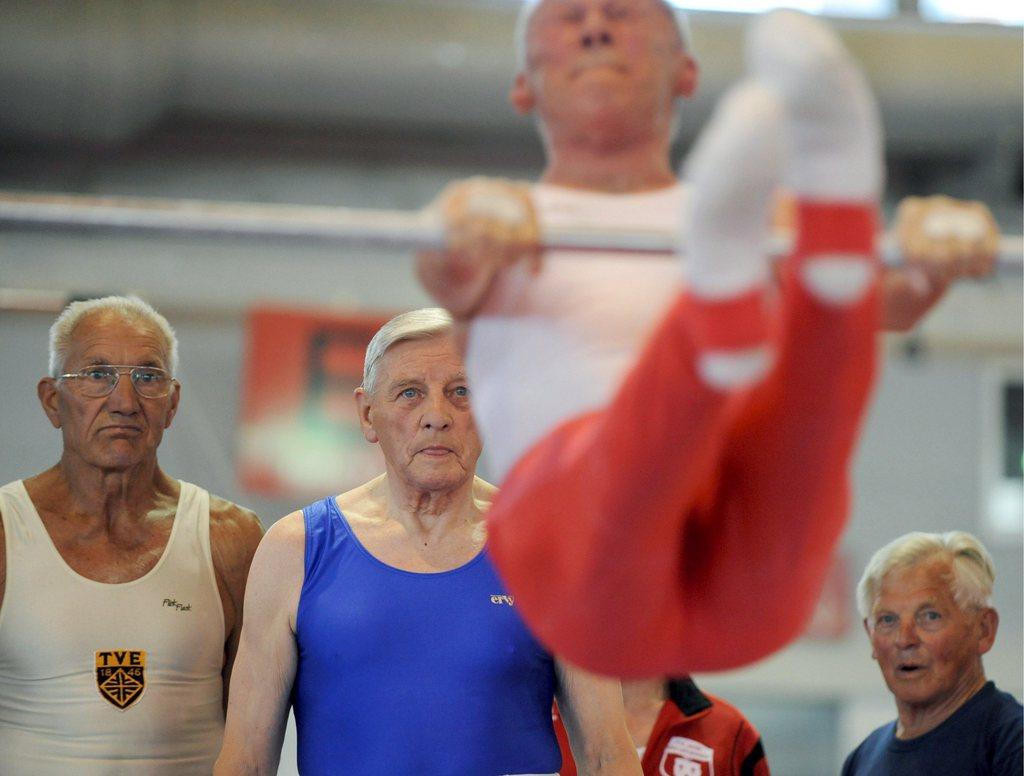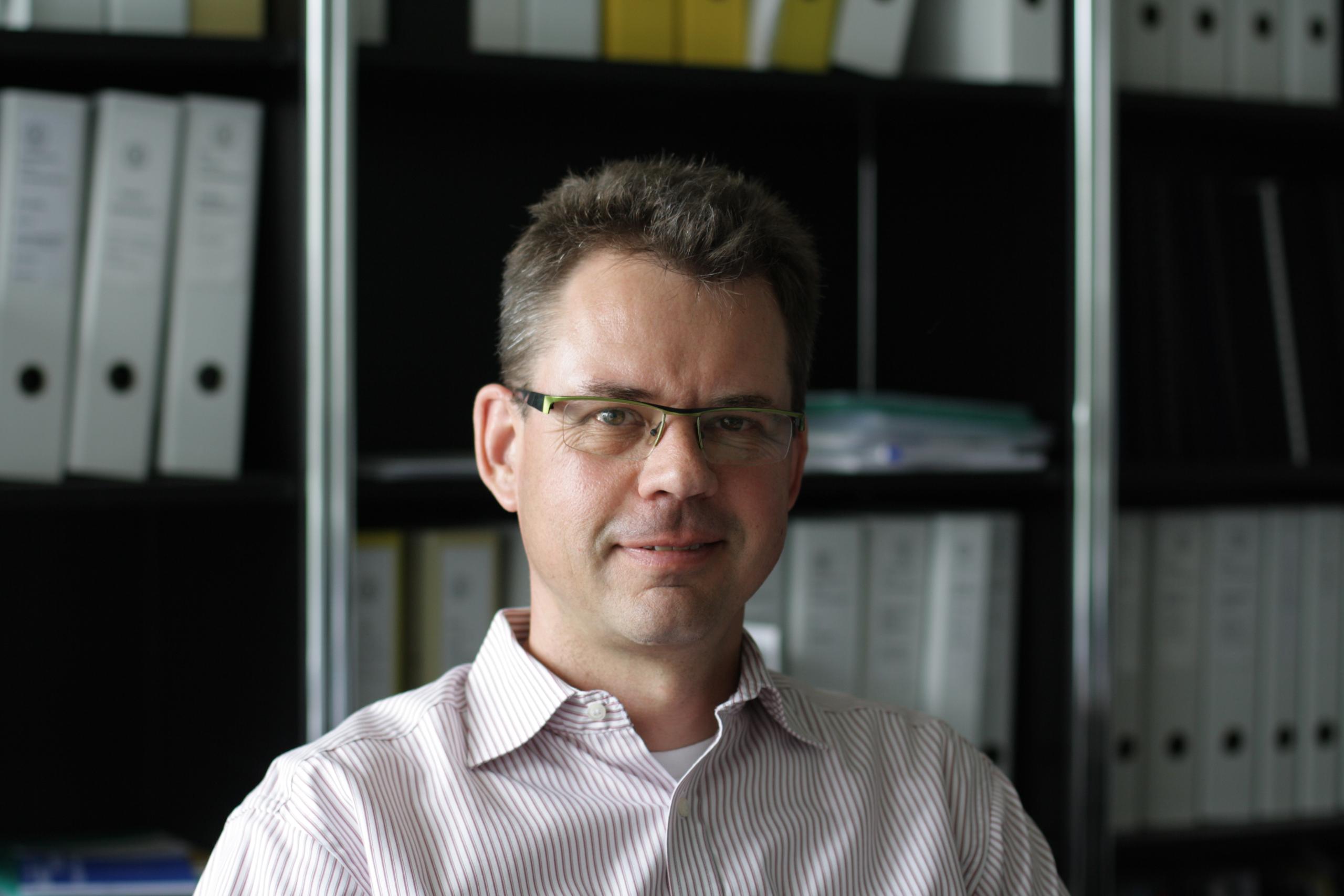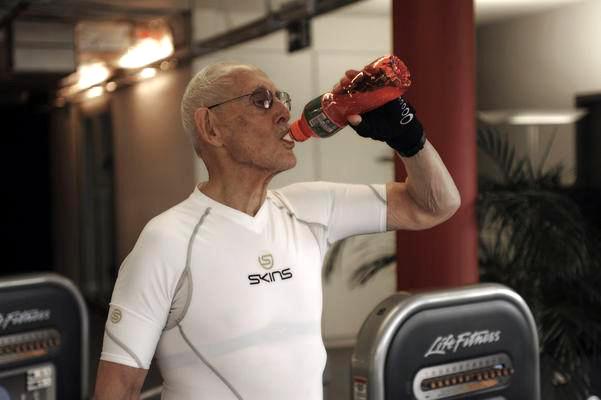Living longer while maintaining health

People live longer in Switzerland than almost anywhere else in the world. But that says nothing about quality of life in old age. Mike Martin, a professor of gerontopsychology at the University of Zurich, tells swissinfo.ch about his research into living healthier longer.
swissinfo.ch: With people living longer and longer, the definition of old is changing. What would you consider old?
Mike Martin: A typical answer of a scientist: it depends. We have different ways of defining who’s old or when that person is old. So a very pragmatic definition is typically when people are retiring, so that’s currently typically 65. And when people have reached a life expectancy of a particular country. So currently in Switzerland that would be 80 years for men and 86 years for women.
swissinfo.ch: Switzerland just moved up in the rankings in 2014. They have the second longest longevity, don’t they?
M.M.: Switzerland belongs to the top three countries in terms of life expectancy of men and women combined. So Japan, Singapore and Switzerland share the three first positions. And it’s only been recently that the life expectancy of men in Switzerland has reached more than 80 years. Very few countries have that same finding.
swissinfo.ch: So what are the Swiss doing differently than most of the rest of the world?
M.M.: That’s very difficult to say, because life expectancy is calculated on the basis of people who were born 80 years ago. So we know a little bit about what contributed to the longer life expectancy of people who were born 80 years ago. People who are better educated live longer. People with larger social networks live longer. People with higher incomes live longer. Also, Switzerland has not been participating in major wars recently.
swissinfo.ch: It has nothing to do with the fact that they tend to be very active and many, for example, go hiking in the mountains?
M.M.: It’s always hard to say. There’s never just one factor involved. So yes, maybe hiking more or being physically more active is typically related to a longer life expectancy. However, if you also smoke and are overweight and do base jumping then that may not really count.

swissinfo.ch: Why are there sometimes such major differences between one person who’s 70 years old and another person who’s 70 years old?
M.M.: The main influence on how good people live or how long people live is not their biology or genetics. It’s mostly, to the largest degree, lifestyle factors. So it’s how people use their abilities. How people use the opportunities that are around in their society or in their community, and the decisions they make about how to use them. So in that sense, typically people with higher education and higher incomes have more choices that they can make, and in many cases that leads to a healthier, longer life, but not in all cases.
swissinfo.ch: What about learning? There’s a saying, ‘You can’t teach an old dog new tricks’. Can old people learn new things?
M.M.: There’s actually no limit so far that has been detected for being able to learn new things. The oldest person on record, Jeanne Calment − who lived to be 122 years and nine months − took part in a memory training study at age 114. It’s a published study, and she did improve, and had follow-up improvements. Even six months after the training, you could see that her cognitive performance stayed at a higher level. And it’s interesting because when she was asked why she would participate in such a study, she said: “You always have to try out new things.”
We also find learning even when people have strong declarative memory problems. So they may not be able to repeat a list of words that you give them an hour later, but they may still know the name of that doctor that asked the question. [Or] they learn to use a very complicated electric wheelchair. They can’t tell you how they do it, but they learn it quickly.
When you don’t test them by asking, but just by observing, then you can spot a lot more things that people are capable of doing. And so actually looking for the things people can do in a particular environment − that’s a relatively new approach in ageing research.
swissinfo.ch: As a researcher you’re studying stabilisation of health. What exactly does that mean?
M.M.: Typically, people think that it’s very obvious: if a person has a symptom or a health problem, then that person is ill. And if the person is not diagnosable with an illness then that person is healthy. But the thing is that most people are both.
That’s what we’re interested in. Looking at each person, including potential symptoms or illnesses and other health contributing factors, and seeing how they interact with individuals over time, in order to stabilise what’s important for them − like their health, their autonomy, satisfaction with life, or just leading a meaningful life.
Even when you have, let’s say, a physical impairment, you may be able to adapt your use of the environment − what’s important for you and what activities you perform − so that you have control.
swissinfo.ch: Many people are afraid of being diagnosed with Alzheimer’s disease. Are there ways to prevent or counteract mental deterioration?
M.M.: Let’s say I had found out something that you would have to do on a daily basis for you to make sure you don’t get a certain illness. Unfortunately, as you get older you can also get ill from other illnesses, and in the end you would end up spending Mondays 8am to 10am preventing dementia and then 10am to 11am preventing depression and 11am to 12 preventing social isolation, and imagine what a life that would be! Your whole life would consist of waiting for disaster and trying to avoid it.
This is why we’re so interested in healthy ageing. So the question is, from our perspective, ‘What is it that healthy people do?’ I mean, as people get older and they stay healthy. Because these people typically do what they feel are meaningful activities. They’re engaged in their social environment. And through that engagement they use their cognitive abilities in various combinations. And they don’t do this to avoid dementia. They do this to lead a meaningful life.
Once we know which healthy ageing activities to promote, this should also help us to avoid illnesses such as dementia. But the goal is to lead a meaningful life, and not one where you live to avoid illness.
So I think that is where we have to take prevention research. To really not only examine the people who get an illness or who are at risk of getting an illness, but really trying to understand how or what the people do who don’t get an illness, and to really understand health.

In compliance with the JTI standards
More: SWI swissinfo.ch certified by the Journalism Trust Initiative



You can find an overview of ongoing debates with our journalists here. Please join us!
If you want to start a conversation about a topic raised in this article or want to report factual errors, email us at english@swissinfo.ch.